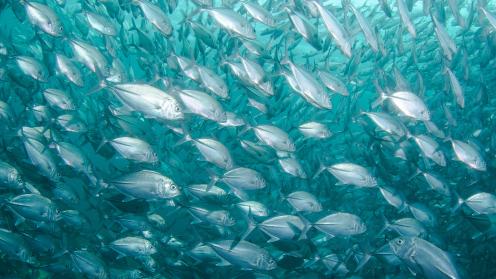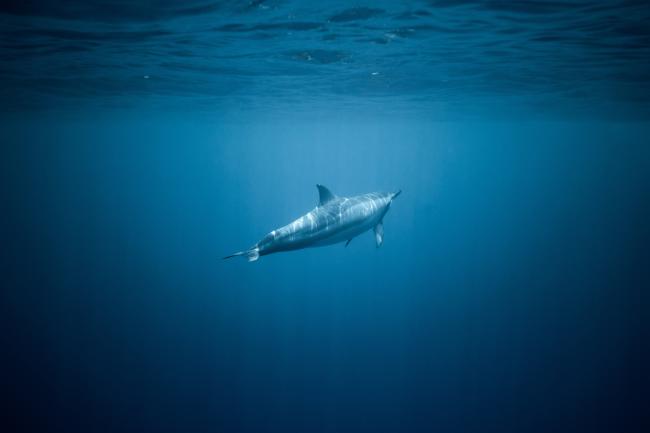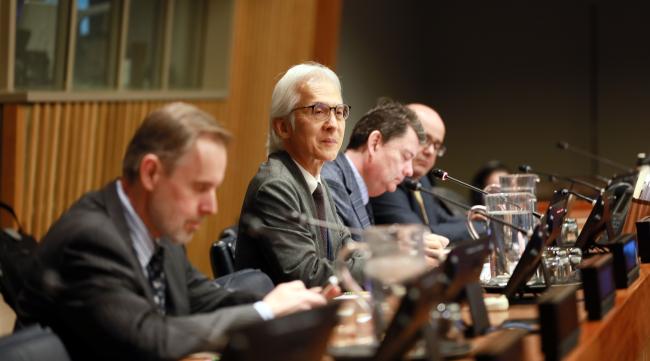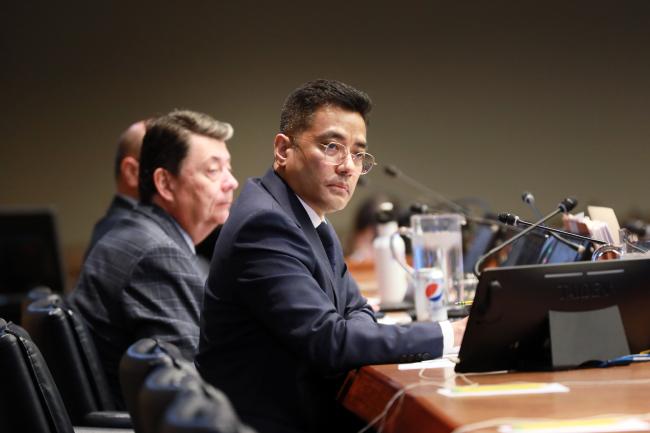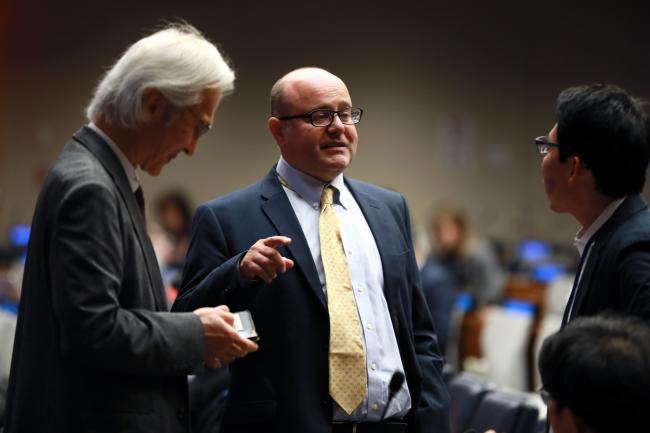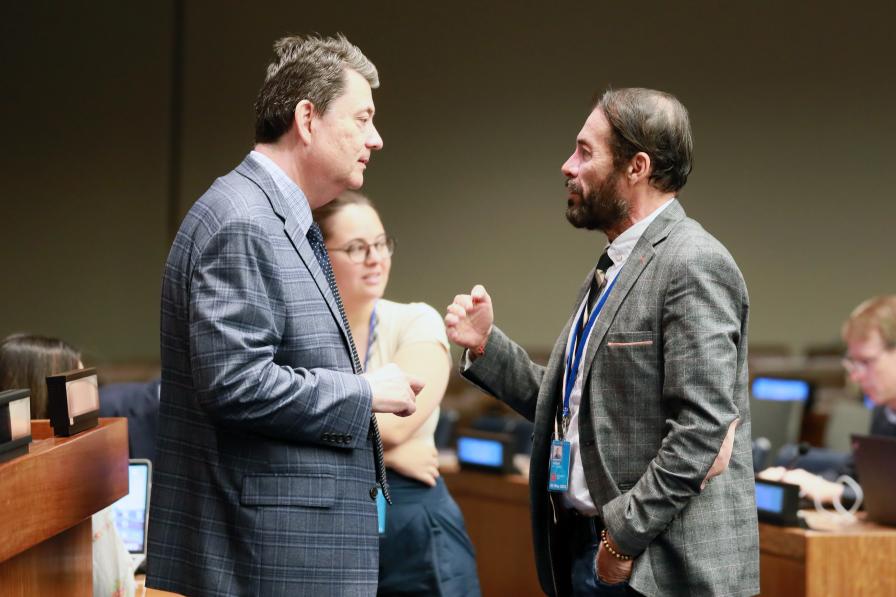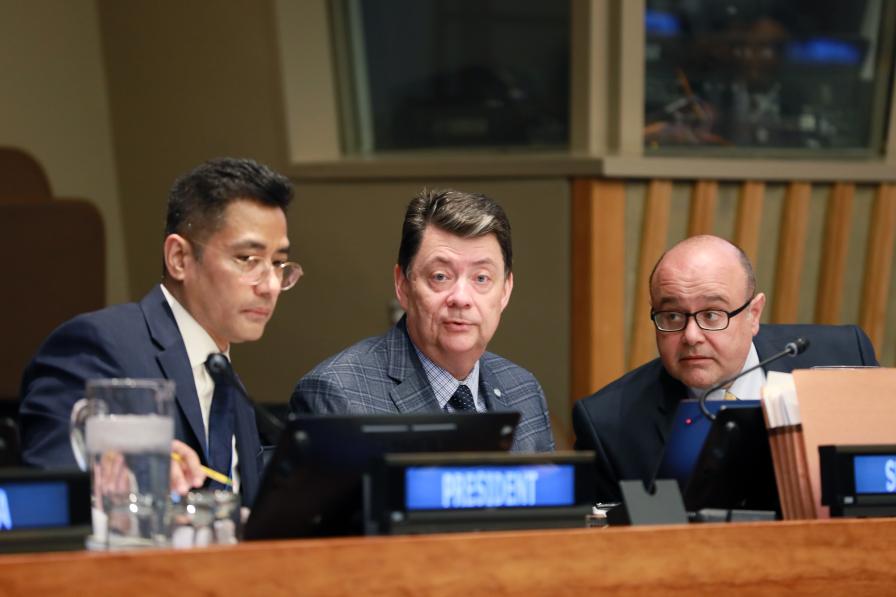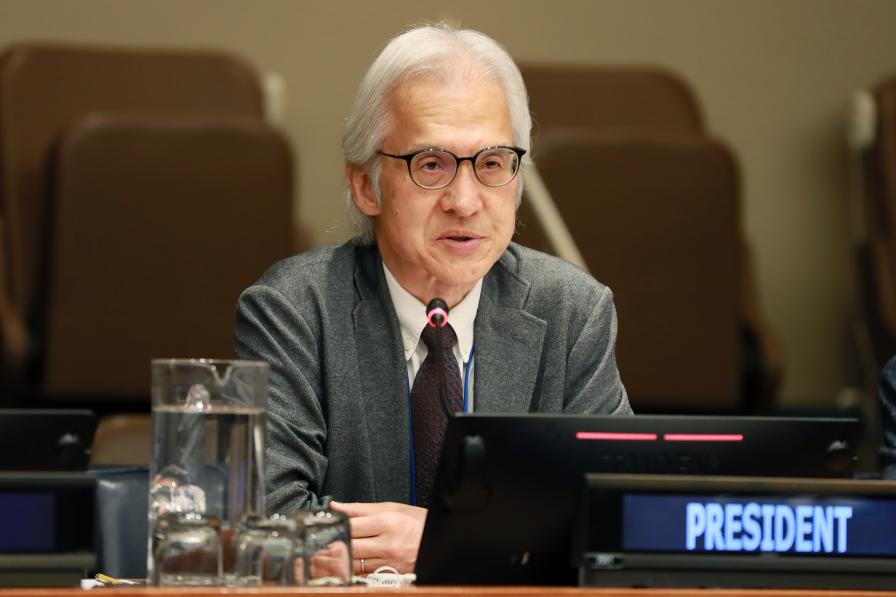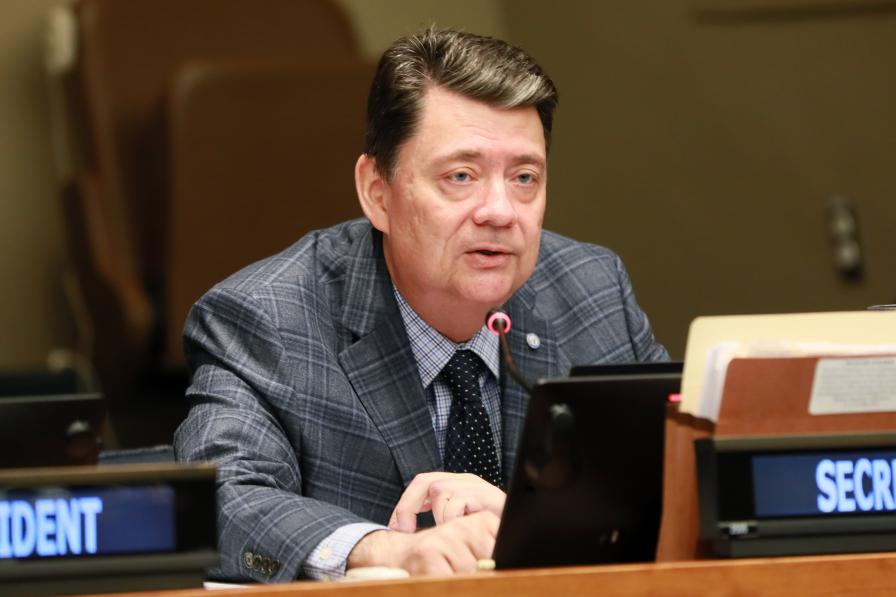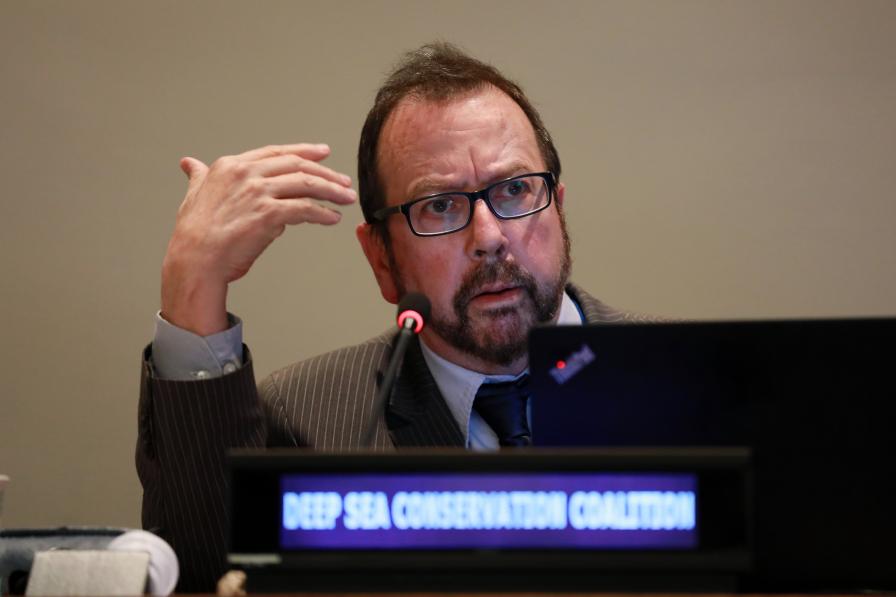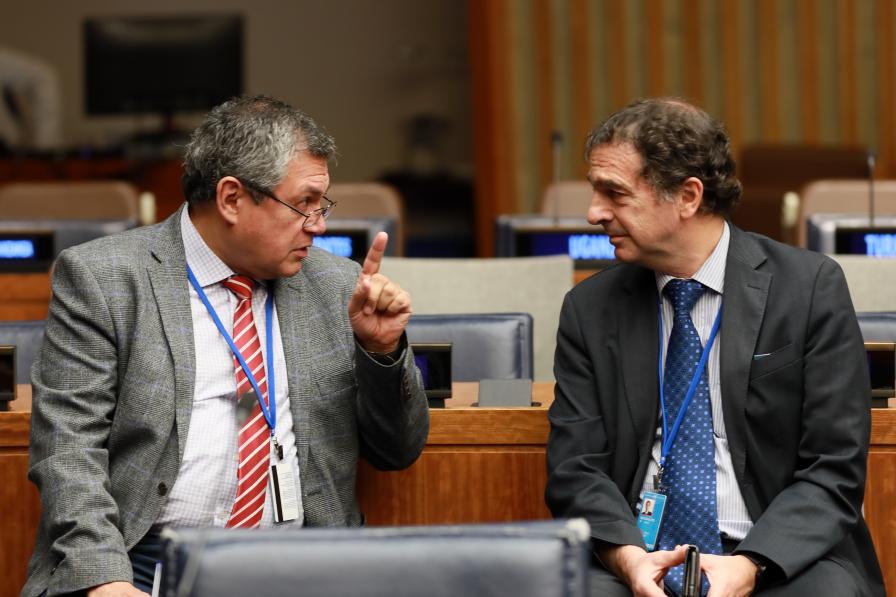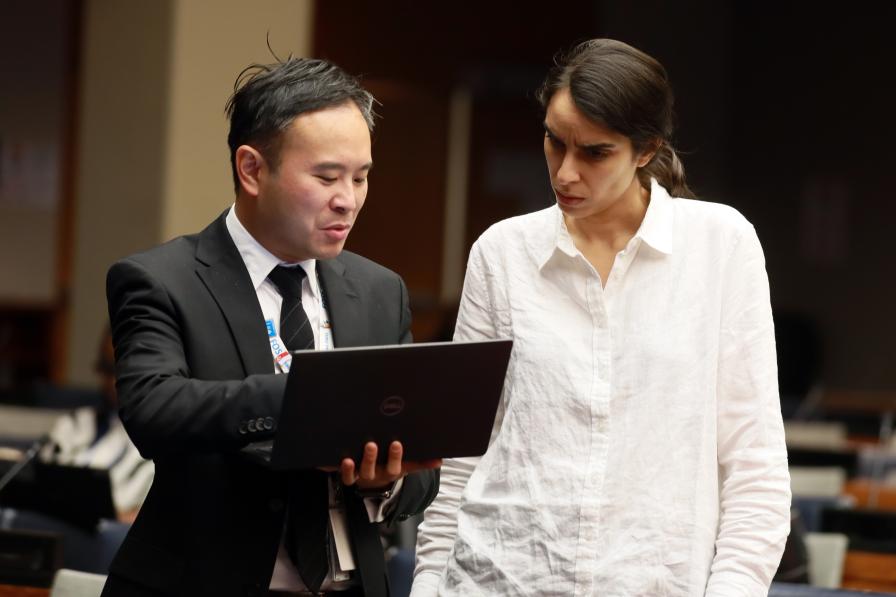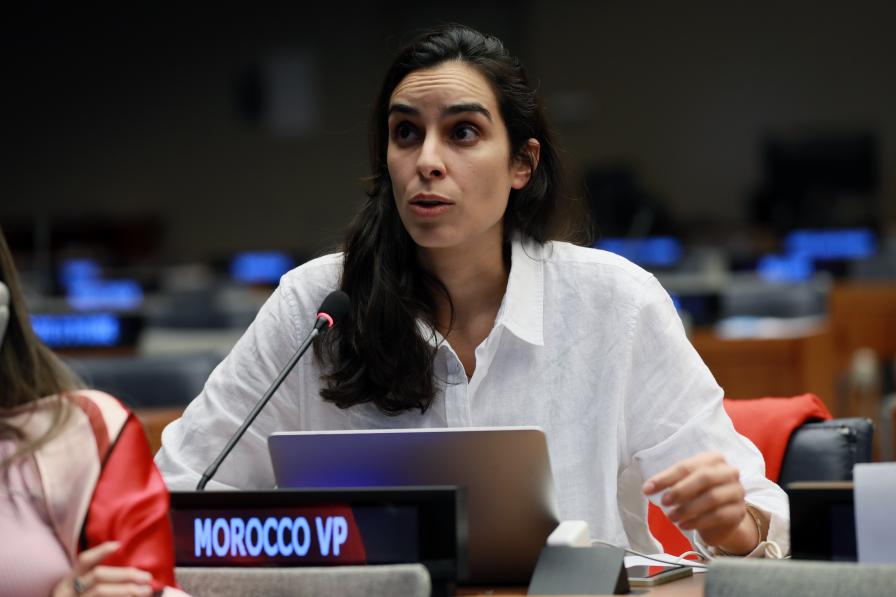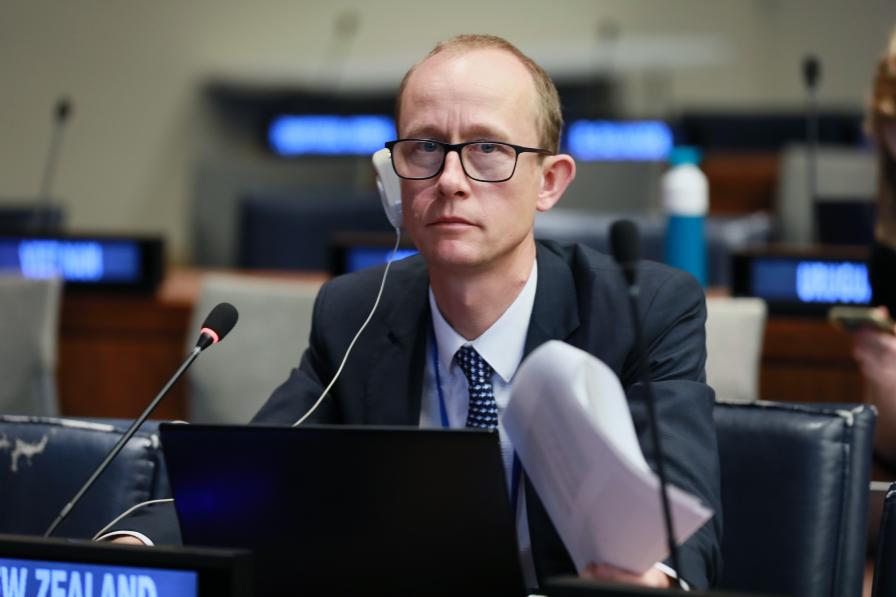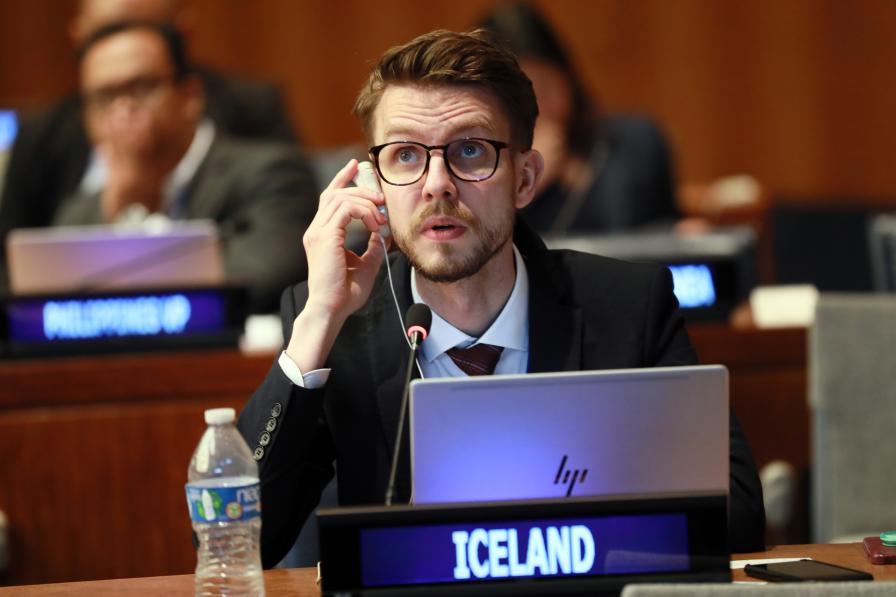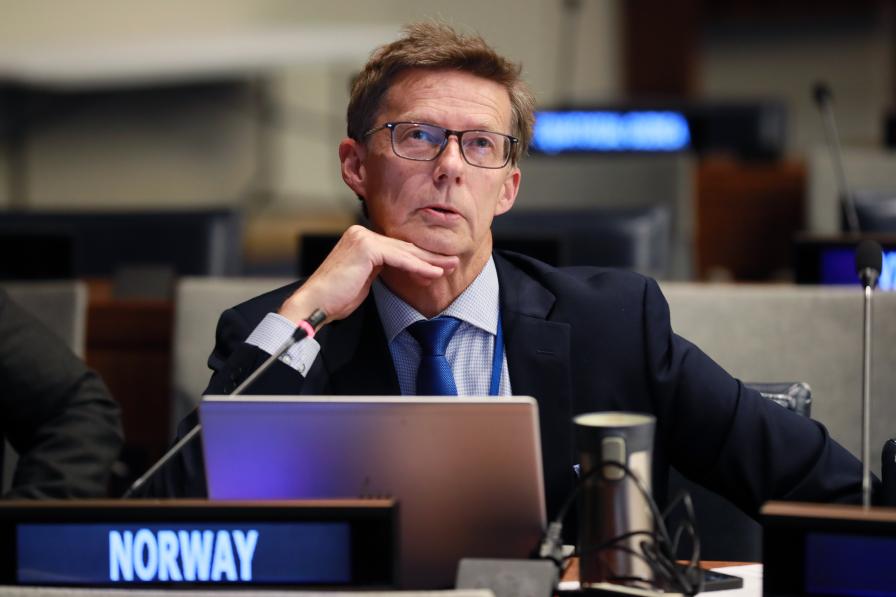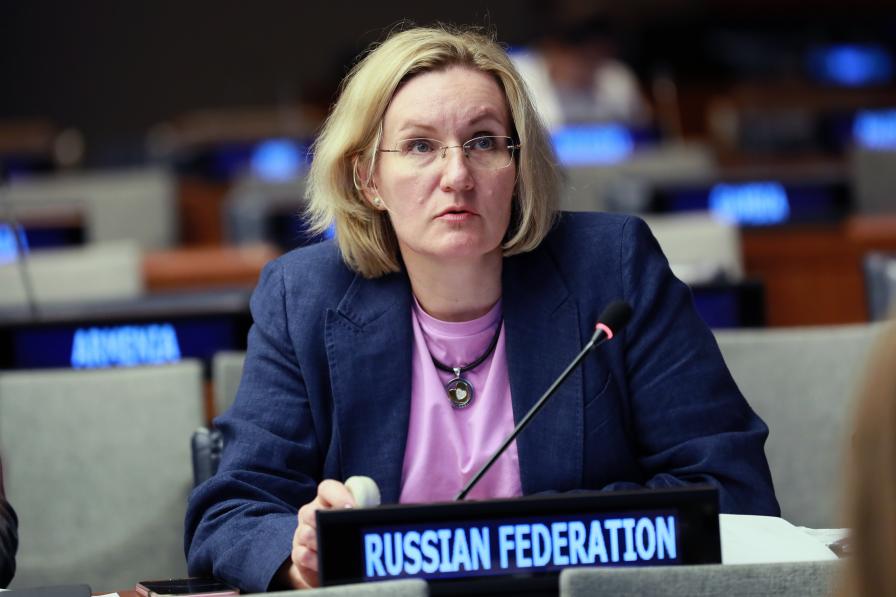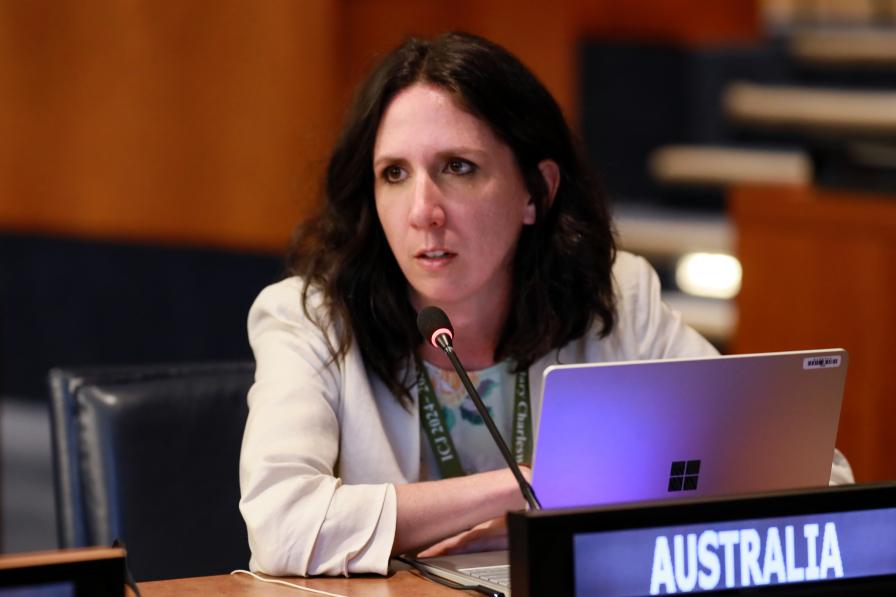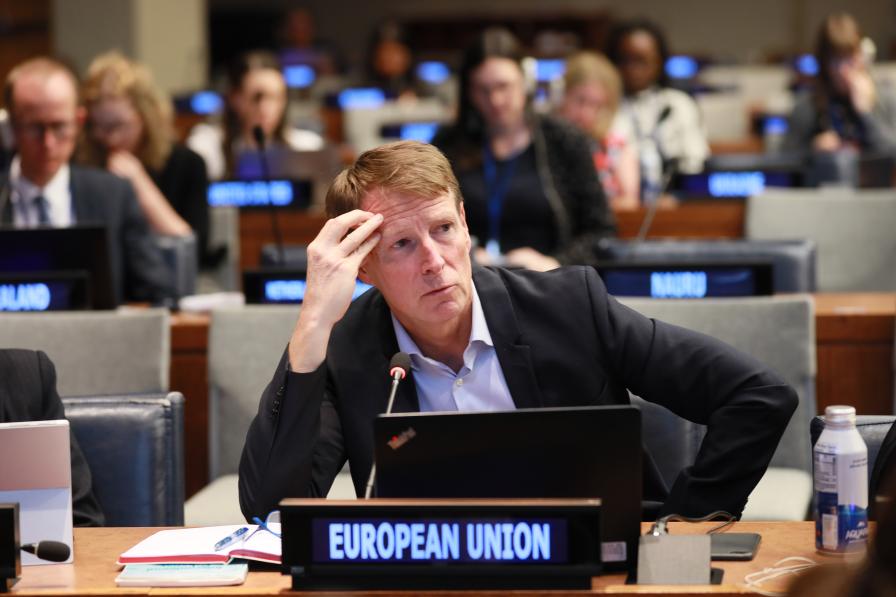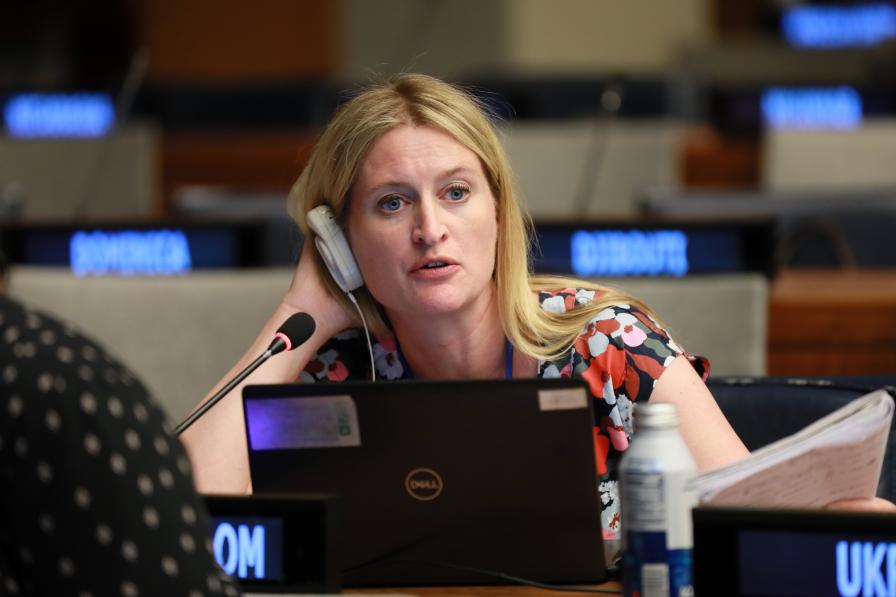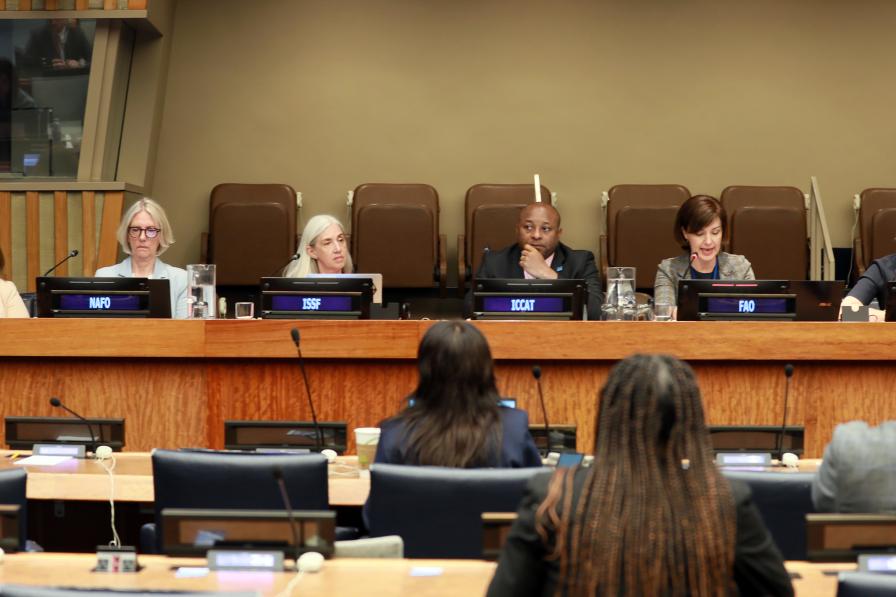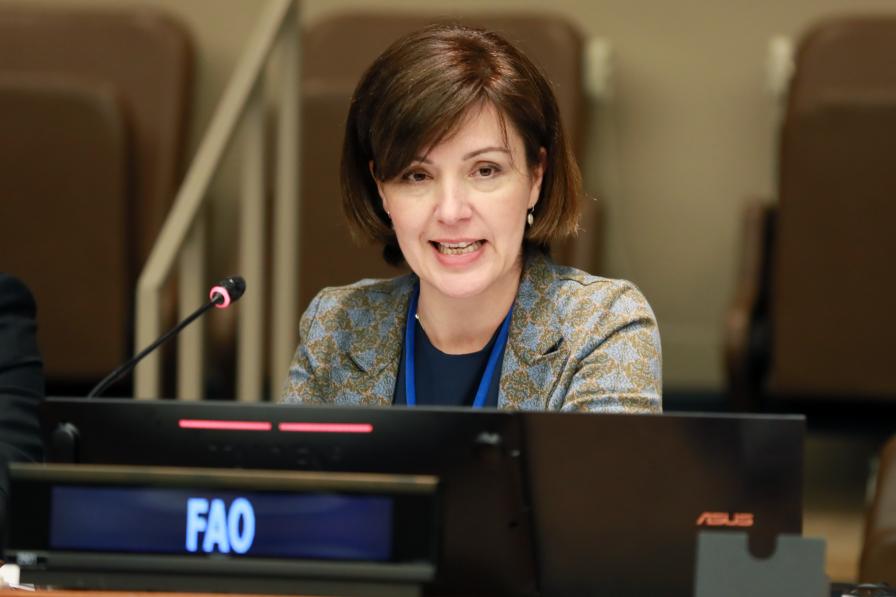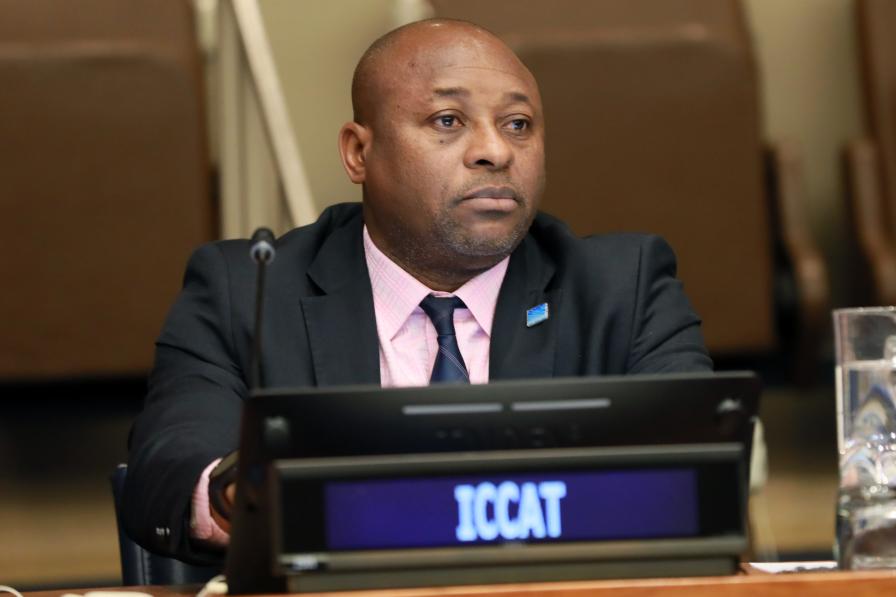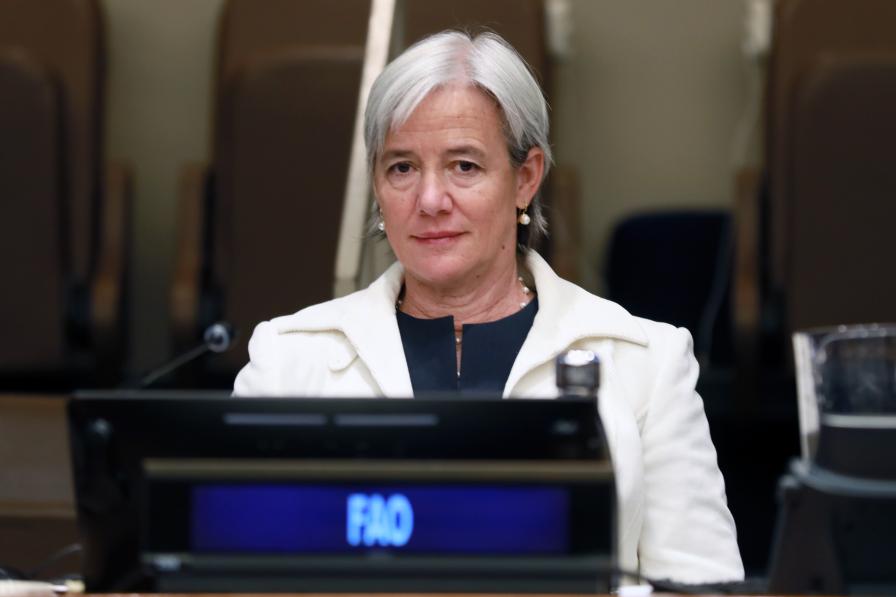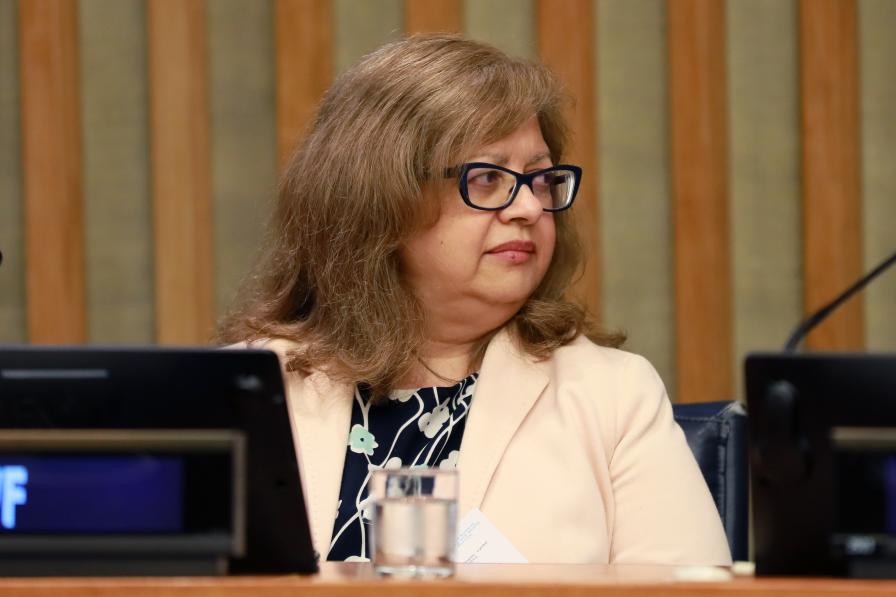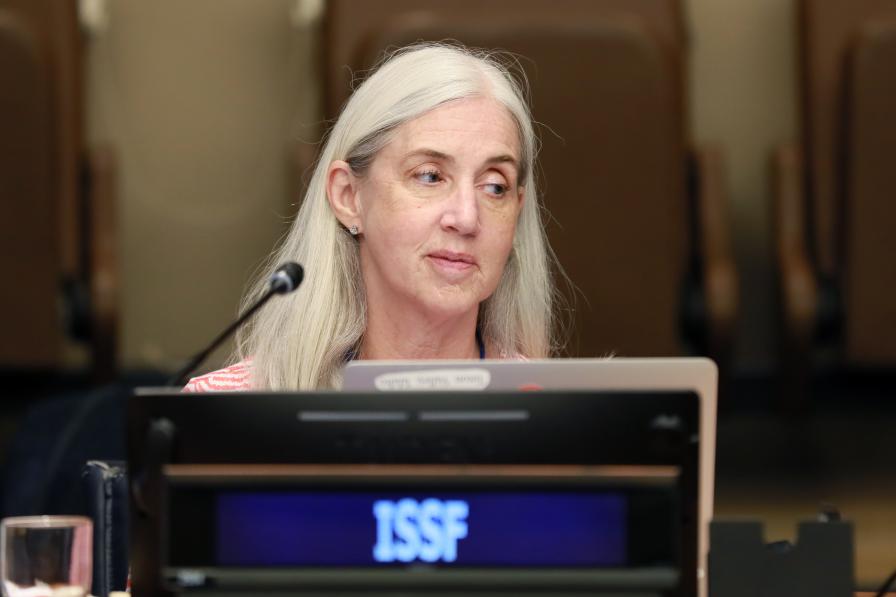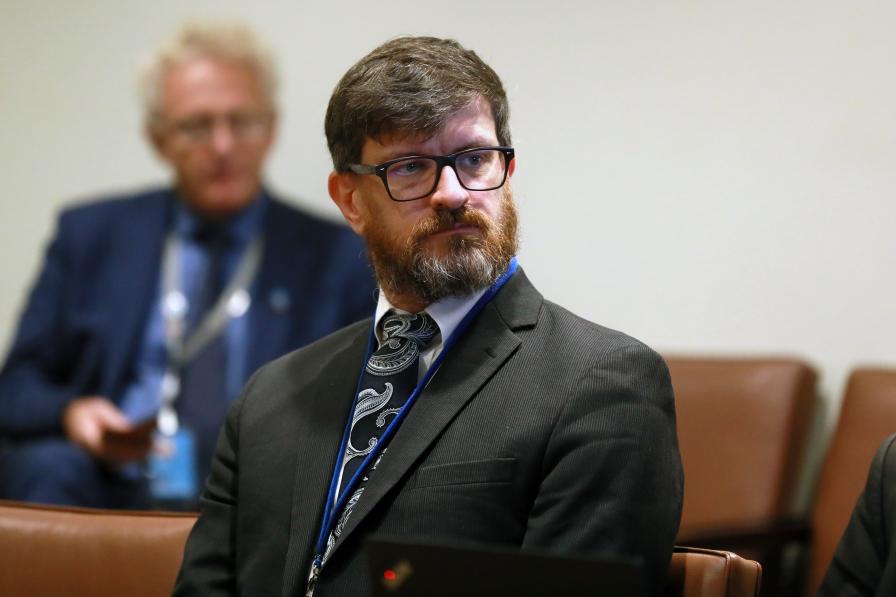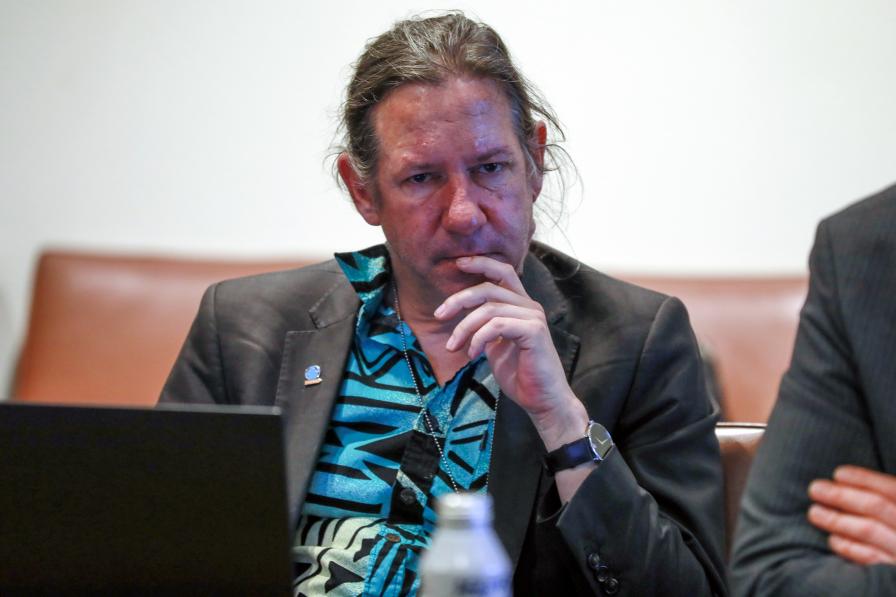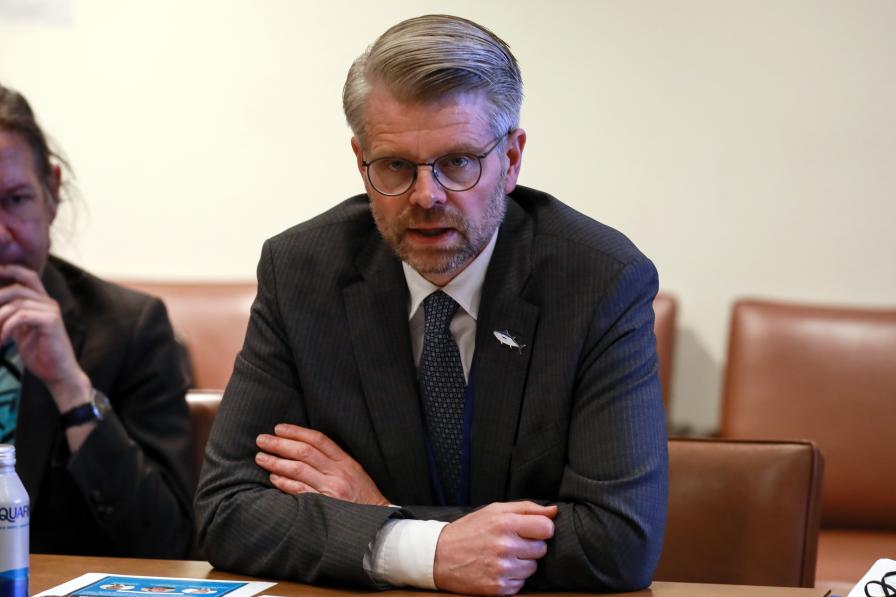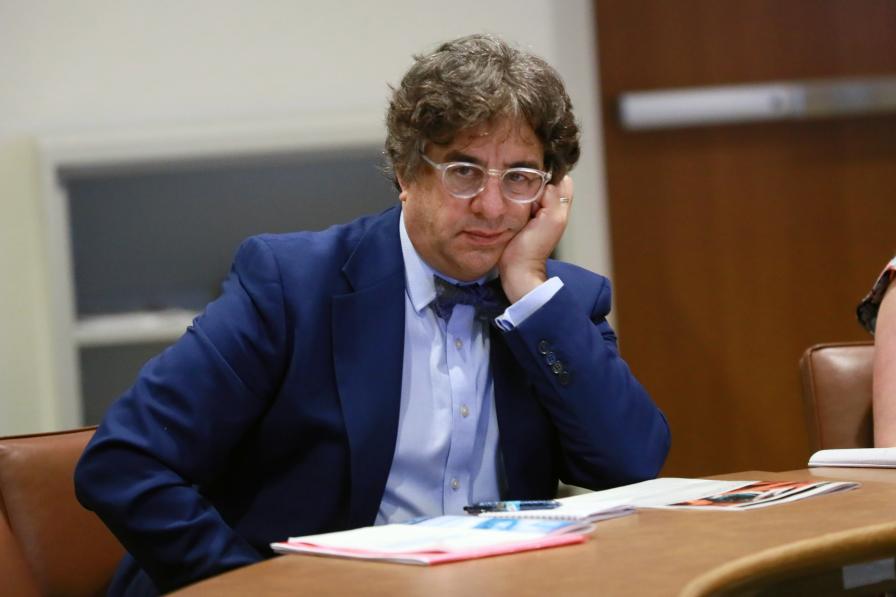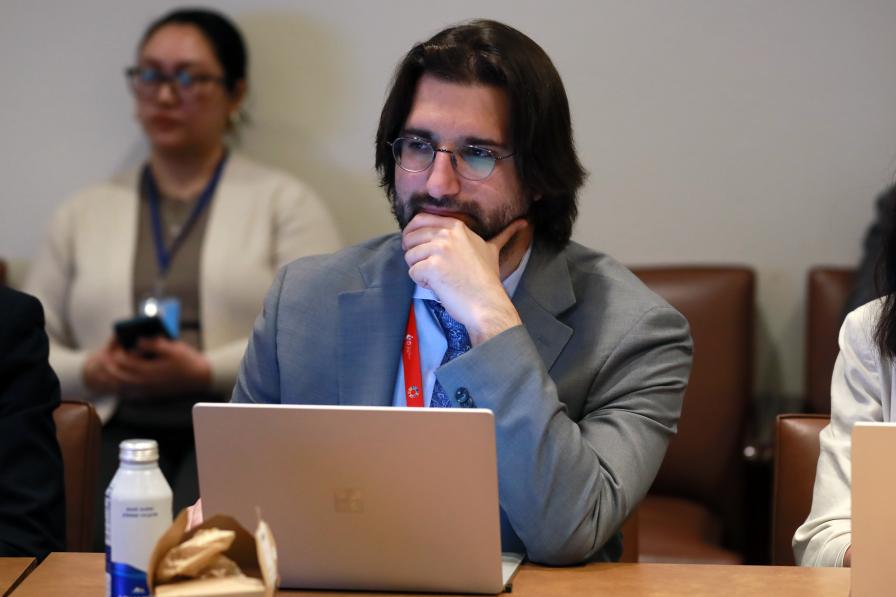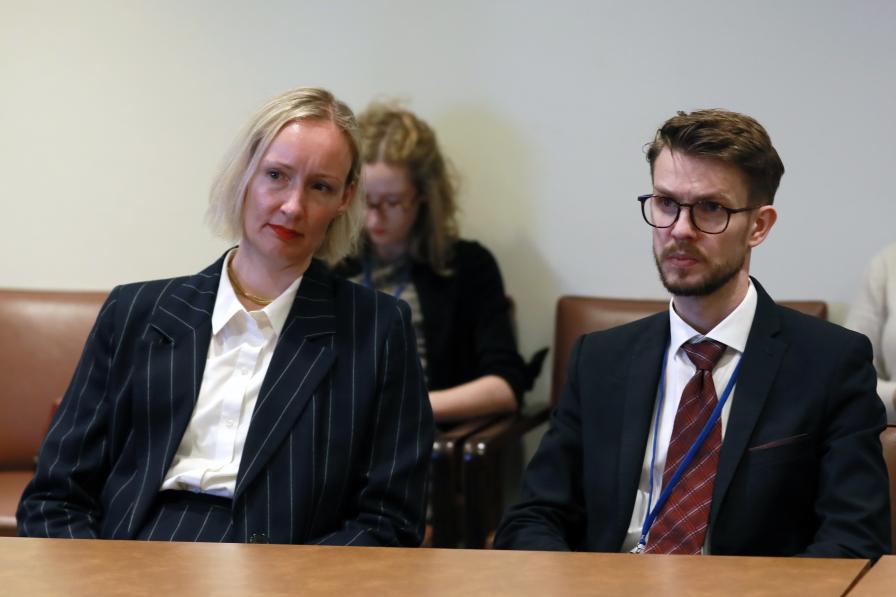On Wednesday, delegates drew their attention to the lion’s share of their work. The Resumed Review Conference on the Agreement for the Implementation of the Provisions of the UN Convention on the Law of the Sea (UNCLOS) relating to the Conservation and Management of Straddling Fish Stocks and Highly Migratory Fish Stocks, known as the UN Fish Stocks Agreement (UNFSA), formed a Drafting Committee to review and negotiate the draft outcome document of the Conference.
Want to dig deeper? Read the full Earth Negotiations Bulletin daily report.
In the morning, the Bureau and the Secretariat circulated the compilation of parties’ submissions, followed shortly after by the draft outcome document. President Joji Morishita presented the draft outcome document, which is based on the 2016 recommendations, and includes proposals by delegates tabled during the Monday and Tuesday plenary sessions as well as written submissions.
The Drafting Committee, chaired by Ariel Peñaranda, Ambassador and Deputy Permanent Representative at the Philippines Mission to the UN, held its first meeting in the afternoon, and discussed the preambular part of the document and the section on the conservation and management of stocks.
In the preambular part, one delegation opposed reference to the agreement on an international legally binding instrument on the conservation and sustainable use of biological diversity in areas beyond national jurisdiction (BBNJ Agreement), noting that it does not legally exist yet. Delegates further discussed whether to include reference to the impacts of bottom fishing on vulnerable marine ecosystems.
Regarding the conservation and management of stocks, a party proposed to “encourage” rather than “apply” an ecosystem approach, noting that for some countries it is a step-by-step process and takes time. On the inclusion of several new references to the impacts of climate change on fish stocks, one party opposed such inclusions on the rationale that climate change is a broad topic that should not be reflected in the recommendations. Several other parties supported the inclusion. On area-based management tools, delegates called for using the exact text of the Kunming-Montreal Global Biodiversity Framework (GBF) 30x30 Target. One delegate expressed reservations on including references to the BBNJ into the UNFSA recommendations.
Two side events took place at lunchtime. The first one titled “A global partnership supporting UNFSA,” organized by the Food and Agriculture Organization of the UN (FAO) showcased achievement of the Common Oceans Program, which is a partnership composed of the UN Development Programme (UNDP) and the UN Environment Programme (UNEP), RFMOs, governments, and other stakeholders. The second, organized by the Pew Charitable Trusts under the title “High seas fisheries and evolving international agreements,” addressed “the three legs of the stool” for sustainable high seas fisheries: the World Trade Organization (WTO) Subsidies Agreement; the BBNJ Agreement; and the UNFSA.
To receive free coverage of global environmental events delivered to your inbox, subscribe to the ENB Update newsletter.
All ENB photos are free to use with attribution. For the Resumed Review Conference on the UN Fish Stocks Agreement, please use: Photo by IISD/ENB | Mike Muzurakis
Selected Images
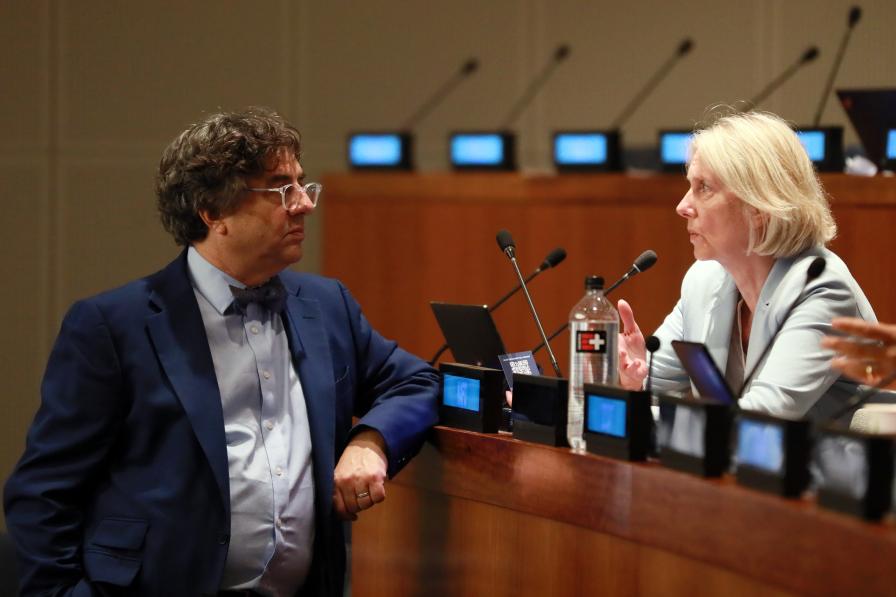
Darius Campbell, North-East Atlantic Fisheries Commission (NEAFC), with Brynhildur Benediktsdóttir, Northwest Atlantic Fisheries Organization
